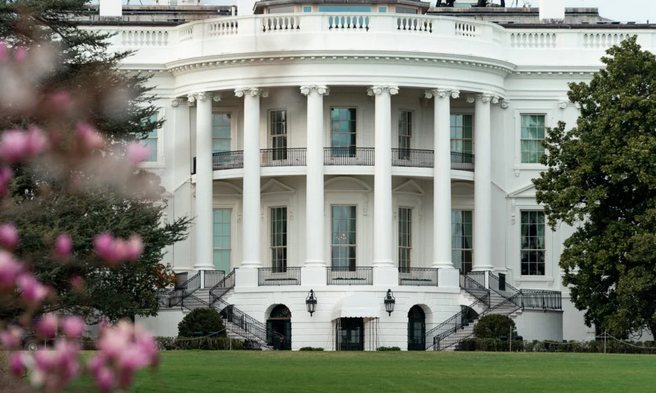On Thursday, February 18th, the White House announced its immigration bill. According to Priscilla Alvarez and Lauren Fox of CNN, the bill’s main goals are an eight-year path to citizenship for immigrants already in the U.S., and to speed-up citizenship for undocumented immigrants arriving in America as minors.
The bill has been introduced in both chambers of Congress and is titled the US Citizenship Act of 2021. However, in a slim-majority Congress, Senate Democrats do not have the 60 votes themselves required to pass the bill.
The bill includes a 5-year temporary status for those seeking permanent residency, with 3-years until they get citizenship. This 8-year path would shorten the current 13-year wait for citizenship. There is also an option of 6 years of initial admission, with conditional 6-year extensions.
People that are either spouses, partners, or children under the age of 21 of lawful permanent residents, would be exempt from counting towards annual caps in the new bill. If someone had been previously illegally residing in the United States and departed since, the bill would repeal the bars to reenter the country.
To better manage the backlog of asylum applications, the bill would also provide funding to US Citizenship and Immigration department, as well as eliminating the one-year limit for filing an asylum case. Funding would also go to increasing the number of immigration judges and additional funding to provide counseling services to children and other vulnerable individuals.
Diversity visas, used to encourage immigration from countries that do not have many citizens immigrating to America, would increase from 55,000 invitations per year, to 80,000.
A commission – combining civil right advocates, employers, and labor unions – to improve worker verification is included in the bill. This includes increasing protections for immigrants who report labor violations and increasing penalties for employers knowingly hiring undocumented workers.
The bill would also work beyond the border by increasing action against destabilizing forces such as smugglers and narcotics. A $4 billion investment plan would be created for Central America, which would include establishing legal and safe immigration passageways.


The White House’s announcement of a new immigration bill is yet another chapter in the ongoing debate over immigration reform. While the details of the proposal aim to create a more structured and humane approach to immigration, the big question is whether it will gain enough support in Congress to become a reality.
One of the key aspects of the bill is providing a pathway to citizenship for undocumented immigrants, a long-standing issue that has been met with both strong support and fierce opposition. On one hand, offering legal status to those who have contributed to the country for years makes sense—it allows them to fully participate in society and the economy without fear of deportation. On the other hand, critics argue that this move could encourage further illegal immigration if not paired with stronger border security measures.
The bill also includes provisions to modernize the immigration system, improve processing times, and address the causes of migration, which could be a game-changer if implemented effectively. However, with partisan gridlock being a constant challenge, the success of this proposal remains uncertain. Will this be the long-awaited reform or just another bill lost in political debate?